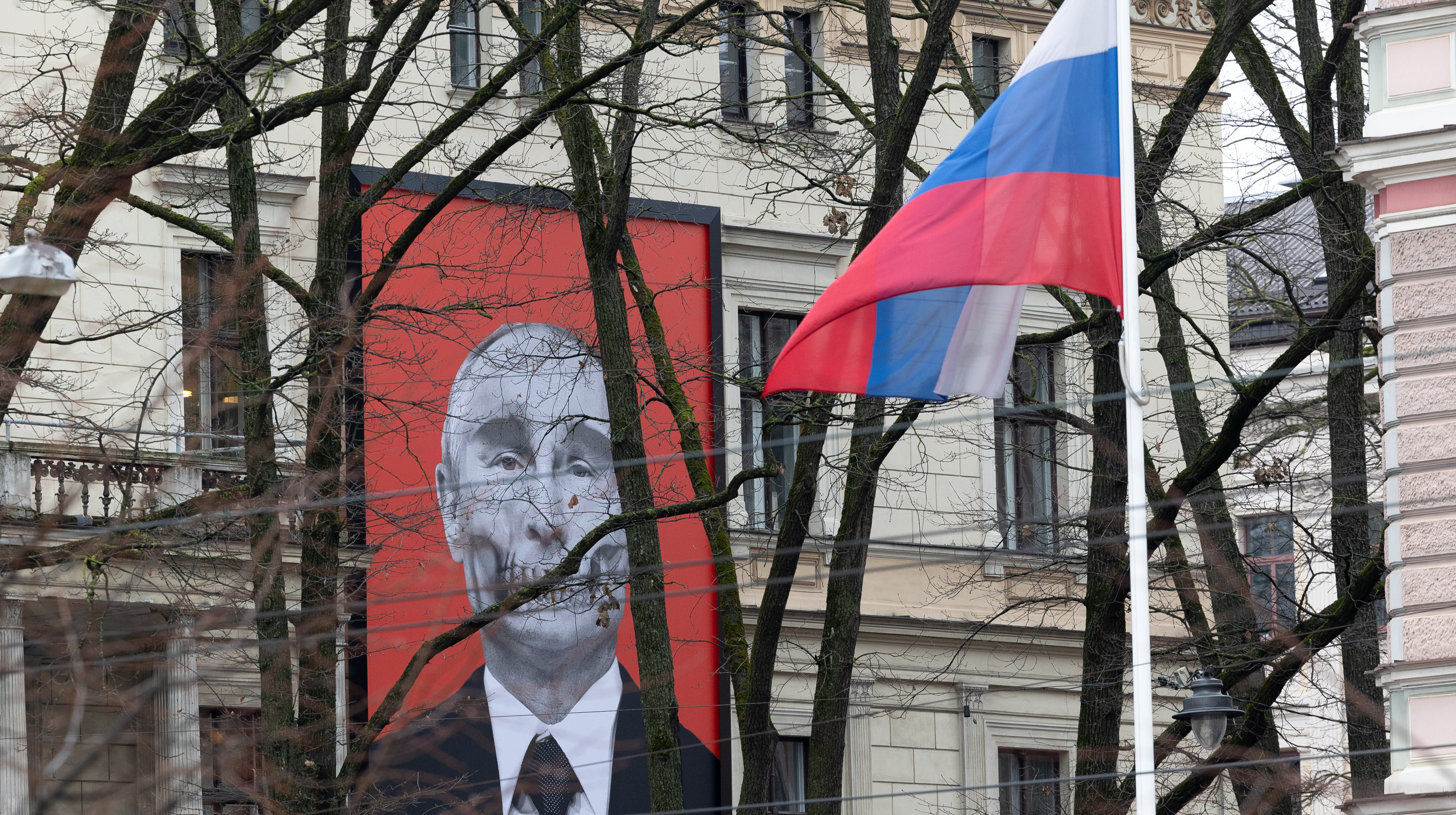EU Agrees on New Restrictions for Russian Diplomats in Response to Suspicious Diversions

In recent shifts in foreign policy, the European Union has decided to tighten controls over the movement of the diplomatic corps of the Russian Federation.
This significant step aims to counter the increasing number of incidents linked to sabotage activities and espionage, which Russian intelligence agencies allegedly conduct under diplomatic cover.
According to reports, EU member states have agreed to implement restrictions on the travel of Russian diplomats within the borders of the European Union, forming part of a broader effort to strengthen security and protect national interests.
Under the new regulations, Russian diplomats accredited in the capitals of any EU country will be required to notify their governments of travel plans in advance of crossing national borders.
The decision builds upon recent measures taken by Czech authorities, who have long advocated for tighter controls amid rising spy activities.
An essential aspect of these measures is Hungary’s decision to lift its previous veto on this sanctions package, paving the way for unified action among EU member states.
According to EU intelligence agencies, Russian spies sometimes impersonate diplomats to operate networks or conduct covert missions outside their host countries to evade detection.
Since May 2022, Prague has enforced additional restrictions on Russian diplomats suspected of espionage, though hundreds remain accredited in Austria, with access to cross-border travel.
Czech Foreign Minister Jan Lipavský insists these restrictions are necessary for reciprocal reasons, emphasizing the importance of safeguarding national security and diplomatic integrity.
The approval process for the new sanctions package continues, as some member states oppose certain provisions, such as lifting sanctions on assets tied to oligarch Oleg Deripaska, resulting in ongoing negotiations within the EU.

